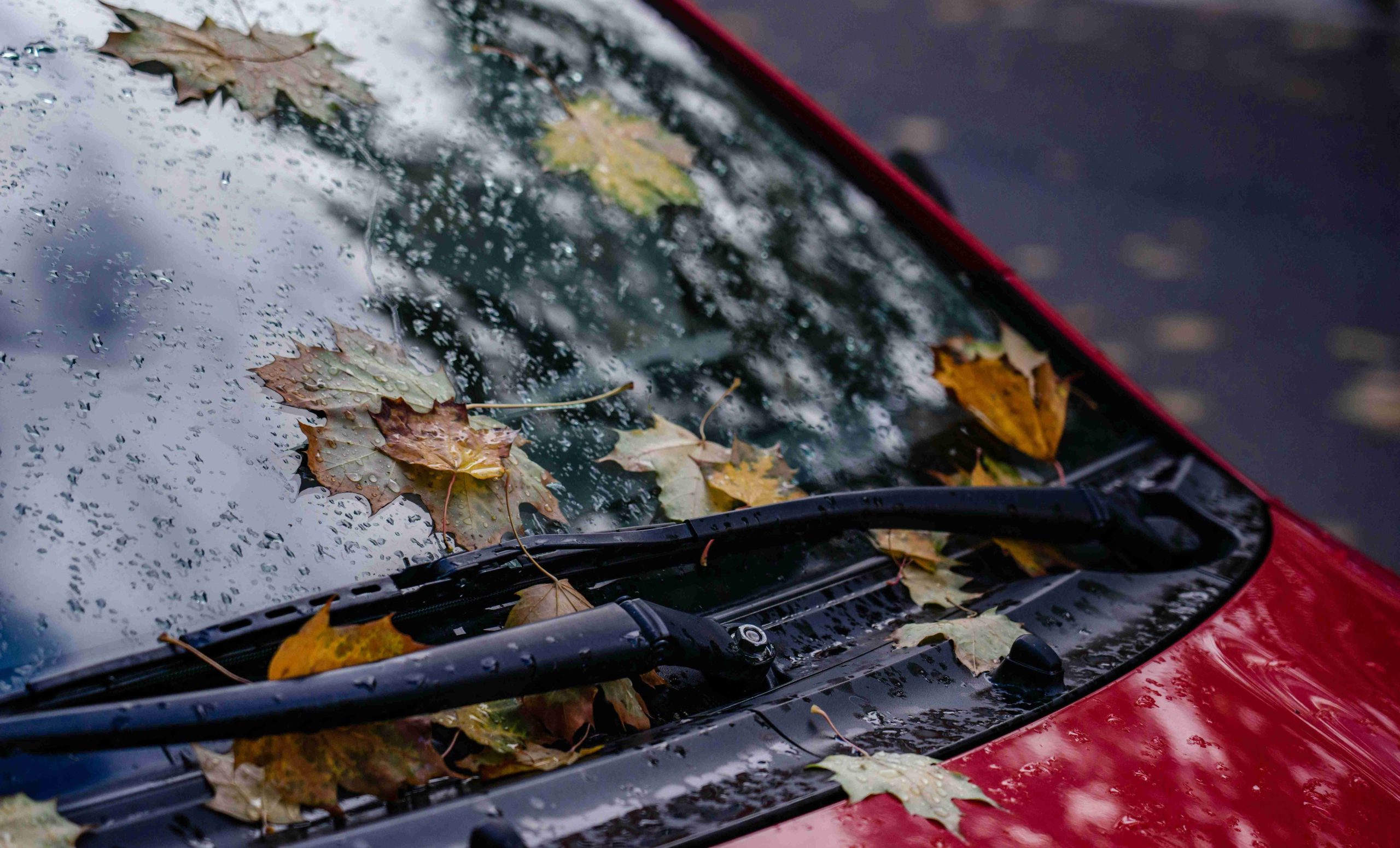
Imagine finding the perfect used car in Florida, but discovering hidden flood damage. The state’s hurricane and rain risks caused flood-damaged cars, leading to costly repairs and safety concerns for buyers.
Before making a purchase, perform a Florida vehicle VIN check to rule out any possibility of water damage. This guide helps identify flood-damaged cars and offers expert tips to avoid this costly trap.
The Dangers of Buying a Flood-Damaged Car in Florida
Flooded vehicles pose hazards like compromised structure, electrical failure, and hidden mold growth. Some water damage signs are visible, while others are hard to detect without a proper inspection.
Buying a flood-damaged vehicle unknowingly can lead to costly repairs and safety risks for you and passengers.
How to Spot a Flood-Damaged Car
Watch for these signs to spot a flood-damaged vehicle and avoid future issues:
- Water stains and rust: Inspect the interior for unusual water stains, rusted metal parts, or warped materials (all signs of prolonged water exposure).
- Mildew or musty odors: A damp or musty smell may indicate mold or mildew growth from prolonged exposure to moisture.
- Silt and mud residue: Inspect the car’s undercarriage, glove compartment, and other hidden areas for silt or mud, which may indicate flood damage.
- Electrical issues: Malfunctioning electronics, such as dashboard lights or power windows, could suggest water damage to the vehicle’s electrical systems.
- Discoloration: Sunlight may fade flood-damaged upholstery and carpets, making them appear darker or unevenly colored.
- Dampness: Excess moisture in floor mats, door panels, or seat cushions may suggest submersion or exposure to heavy water.
- Airbag issues: If the airbag warning light is on or airbags deployed, the vehicle may have been in a flood or accident, impacting safety.
- Paint discrepancies: Repainting or mismatched colors in certain areas may signal attempts to conceal or repair flood damage.
- Wet or corroded fuse box: A fuse box that is wet or has visible signs of corrosion can indicate that water has been inside the car, affecting its electrical components.
- Worn or damaged seat belts: Check the seat belts for wear or damage, especially if there’s rust or mildew from water exposure.
- Faulty odometer or speedometer: If the car’s odometer or speedometer isn’t working, water might have damaged the wiring or instruments.
- Excessive dirt or grime in the spare tire area: The spare tire compartment is a common spot for flood debris to collect unnoticed.
- Unusual noises or issues: If the engine struggles to start or makes noises, water may have entered key parts, causing long-term damage.
How to Avoid Purchasing a Flood-Damaged Vehicle
An effective way to avoid buying a flood-damaged car is to perform a Florida VIN number check. It provides a detailed report on the vehicle’s history, including floods, salvage status, and accidents/damage. By verifying this information, you can ensure that you are purchasing a vehicle in good condition.
Why a VIN Check Is Essential
A VIN (Vehicle Identification Number) check allows you to uncover information about a vehicle’s past. This report can reveal:
- Flood damage reports: A VIN check will reveal any total loss or flood-related claim.
- Accident history: A VIN check reveals major accidents, which may indicate prior flood damage or other problems.
- Sales records: Track the car’s sales history and transactions.
- Odometer discrepancies: The VIN check can reveal mileage tampering, ensuring the reading is accurate.
- Title issues: A VIN check reveals title issues, such as salvage or rebuilt titles, indicating past damage or safety risks.
- Service history: Some VIN checks show the car’s maintenance and repair history, helping assess its care over time.
- Recall history: Show any outstanding safety recalls and necessary repairs.
- Theft reports: A VIN check can confirm stolen or theft status.
- Lien status: The VIN report shows if there’s an outstanding lien, helping you avoid buying a car still owned by someone else.
- Warranty status: Check the original or extended warranty status.
A Florida vehicle VIN check helps you make informed decisions and avoid risks like purchasing a flood-damaged car.
Conclusion
Buying a used car in Florida is a great choice, but beware of hidden flood damage. Always perform a state of Florida VIN check to verify the vehicle’s history and ensure it’s reliable and safe. Being thorough and proactive helps avoid headaches and costs linked to flood-damaged vehicles, ensuring a quality car.
Try one of the best free vin check online before buying your next used car for peace of mind and a confident decision!